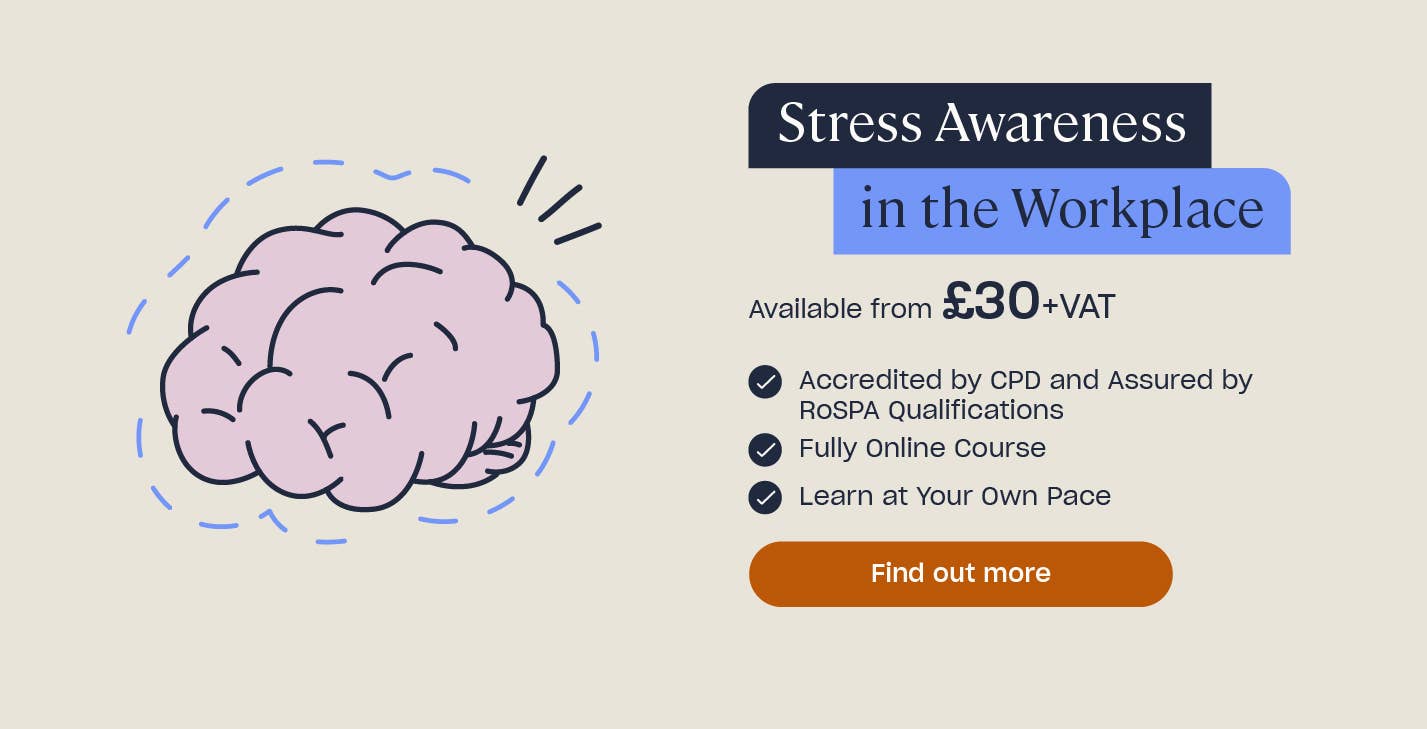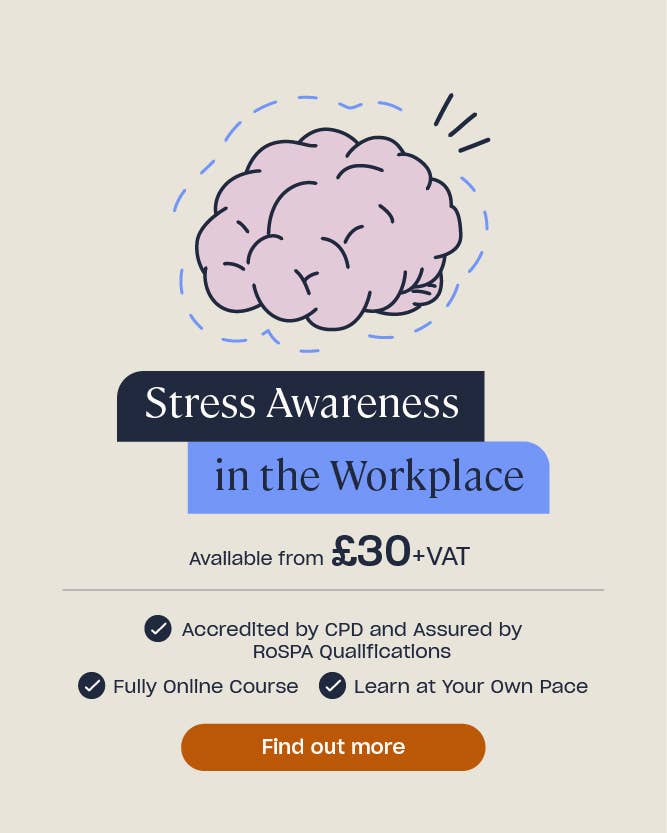How to Manage Your Stress Dreams
Stress in small amounts is essential; it motivates us, it helps us learn, and it even pushes us into “a level of optimal alertness, behavioural and cognitive performance.” But this positive effect only occurs when we experience acute, low-level, short bursts of stress.
Prolonged feelings of stress and chaos are different. This kind of stress seeps into every level of our existence and causes physical and mental ill-health. So, let’s take a look at some common stress dreams, their dream interpretations, and most importantly, how you can help to stop them and combat stress through effective relaxation.
What are Stress Dreams?
Sleep and its associated dreams and phenomena, is a vast subject matter and one that has been researched and studied extensively in scientific, medical, and spiritual contexts.
Finding definitive answers for all of our dream related queries can seem like a difficult task. However, learning to recognise the links between our stress levels, dreams and sleep quality can help us to tackle our sleep related troubles.
Having dreams that cause feelings of distress and anxiety are often very vivid or recurrent. The feelings they induce can last into your waking hours and the cycle of poor sleep, increased stress and anxiety and the recurrence of stress dreams continues.
When it comes to stress dreams vs nightmares, it can be hard to define the difference. Nightmares are generally described as dreams that provoke feelings of terror, fear or shock, whereas stress dreams tend to create feelings of frustration, worry and anxiety. Remembering your dreams, waking from them feeling distressed and suffering poor quality sleep, can be common with various causes of ‘bad’ dreams.
If you are unsure whether you are experiencing stress dreams or something else, such as night terrors, sleep paralysis or sleep issues caused by medications, the day-to-day stresses of life, or conditions such as post traumatic stress disorder (PTSD), it is worthwhile seeking advice from your GP.
Common Types of Stress Dream
Chase Dreams
Chase dreams indicate avoidance.
Dream interpreters suggest that having this kind of dream means that you have a habit of running away and avoiding issues instead of confronting them head on. Whether this is accurate or not, it’s a good place to start.
If there’s one message you should come away with from a chase dream, it’s: don’t bury your head in the sand.
Teeth Dreams
In your teeth dreams, you might experience your teeth crumbling, becoming crooked, rotting or falling out. These dreams can leave you with a lasting impression and tend to linger in your mind throughout the day.
There are many theories about what teeth dreams might mean. One interpretation is that teeth dreams relate to worries about appearance; our teeth are central to how attractive we appear to others. So teeth dreams could stem from a fear of rejection, feeling unattractive or worries about ageing.
Other theories suggest that the teeth dream relates to communication issues, being worried about embarrassing yourself or feeling powerless.
Snake Dreams
Dream interpreters believe that the figure of the snake represents fear, hidden threats, and denial.
If the snake in your dream attacks suddenly and seemingly from out of nowhere, it could be that it represents a threat that you feel coming. This could indicate that you are worried about rivals or enemies.

For some, the snake represents the unconscious. Dreaming of a snake that slithers on the ground or swims in water could reflect your unconscious mind and signal that you are repressing emotions. Is there something you’re ignoring?
Of course, the snake’s meaning changes depending on the cultural background of the dreamer. This is because snakes have different connotations in different cultures. For instance, in Christian cultures in Genesis, the snake is evil, whereas North American Hopi people see the snake as a symbol of fertility.
Falling Dreams
A dream where you’re falling indicates a loss of control.
If your work or home life feels messy, at night this could translate into a falling sensation in your dreams. If you’re experiencing falling dreams, you need to take back as much control as you can.
Writing a plan or a to-do list can be an easy way to create some order, get organised in your mind, and help you figure out how you can rectify the situation.
Falling could also suggest that you are making reckless decisions and poor choices.
Late Dreams
Running late for a bus, a meeting, or maybe an important exam indicates that you are finding things in your life overwhelming.
This is one of the most common stress dreams, and there are a few ways to interpret it. If you’re having this dream frequently, it could be that your working life feels too hectic, and you’re struggling to handle multiple meetings and expectations, causing you to have stress dreams that directly relate to the ways that you organise your time in your waking moments.
Being late or feeling rushed in your dream could mean that you are placing too much pressure on yourself or taking on too many commitments.
Are you placing too much pressure on yourself? Is the pressure coming from your parents or from work? Remember that it’s ok to have high expectations, but you need to ensure these aren’t placing too much pressure on you. The effects of high-stress levels over a prolonged period of time can be detrimental to mental and physical health, so it is vital that if this dream happens frequently, you incorporate measures into your life to manage or reduce the demands in your life.
Nudity Dreams
Stress dreams about being naked in public can indicate a sense of insecurity, exposure, and feeling unprepared.
Symbolically clothes are a way of hiding our true selves, so a lack of clothing exposes us and makes us feel vulnerable to the insight of others. If you’re having this kind of stress dream, consider what is worrying you. How can you take action to be better prepared and to prevent further anxiety?

Ultimately, trying to decipher your dreams won’t get you to the root of what is bothering you. Focus instead on what is happening in your daily life. Get to the origin of your stress through activities in the daytime that can help you figure out what is causing you stress and how you can take action to rectify your situation.
Need a Stress Awareness Course?
Our Stress Awareness Course aims to show how the root causes of stress can be dealt with successfully and how you can better cope with stressful situations. It also provides a range of useful and practical ways and strategies in which both employers and employees can deal with stress and reduce it to a manageable level. We also have a range of Mental Health Courses available, to help both at home and within the workplace.
Why Do People Experience Stress Dreams?
Our brains and bodies psychologically react to what we experience in our awake lives. While we think of sleep as a time for recharging our body, our brain is actually very active during sleep. Things that are on our mind during our awake hours transcend and stay on our mind in our asleep hours. As a result, if you feel stressed about something, even if you don’t realise you feel that way, this will affect your dreams.
When stress levels become so high that your dreams are invaded, you are in a chronic cycle of stress.
Sleep is supposed to be a time of mental and physical restoration. Yet, stress dreams make our stress levels higher by preventing us from recharging and keep our minds focused on worry.
Speaking to VICE writer Sarah Emerson, Dr Michael Nadorff says that anxiety dreams are very common, “more than half of all dreams that occur during REM sleep involve some form of negative emotion” he says. It’s just that higher levels of anxiety cause sleep disruption and the mind naturally wants to end those negative dreams, so people with stress tend to end up waking up more often and then remember those bad dreams.
When you’re experiencing a flood of stress dreams, it is best not to over-analyse those dreams, but to see them as a warning signal and spend some time getting to the root of what’s causing your stress in waking life.
How to Stop Stress Dreams
One of the best ways to tackle stress dreams, is of course, to try and reduce your levels of stress. This may seem easier said than done, but there are many effective relaxation techniques out there. Take a look at the options below and keep trying until you find something that works for you.
Yoga, meditation, and the mindfulness movement
It’s hard to commit to a practice of mindfulness – hard to “de-busy” yourself and meditate. It’s certainly easier not to.
But as strange as it may seem, slowing down and stopping for ten or twenty minutes can help you to get things back on track and can make you more productive at handling what’s bothering you.
Try some bedtime yoga; this is a brilliant method of unwinding, better for you than a big glass of red wine and much better for your health and sleep cycle.
If yoga isn’t for you, there are plenty of ways to get on board with the mindfulness movement and to soothe yourself with a mindful activity. Try the Headspace meditation app on your phone or a mindful colouring book. Make sure you check out the how it works bit on the Headspace website which provides plenty of information on how meditation can aid stress management.
Cut out caffeine and alcohol
The first one should be obvious; caffeine is not conducive to sleep, but you might not be aware that alcohol affects the quality of sleep you get.
Alcohol might make you fall asleep faster, and it certainly makes you feel drowsy, but it prevents restorative sleep. Scientists have found that the effect of alcohol on the sleeping brain is similar to that of someone with chronic pain who has a disturbed quality of sleep.

So make sure that you’re not using alcohol to ease your feelings of stress as this is not a healthy outlet and it will only create feelings of exhaustion that will add to your anxiety.
Have an evening routine
I’m a night owl, I always have been. I used to be terrible in the mornings, but now I can get up and run, or go for a walk or do yoga. To be able to do these things and enjoy them, I had to go against my night owl instincts to stay up late and put off sleep and, instead, cultivate healthy habits through a night time routine and bedtime.
Establishing a night time routine means having a regular bedtime. I get up at 6am, so I tend to try to be in bed for half 10, if I make that, I often wake up around 5:50 feeling refreshed and ready for the day.
Before I go to bed, I deal with any preparations for the next day that I know could nag at me. Otherwise, when I get into bed a voice will say “you haven’t made lunch” or “is your gym bag ready?” and I’ll have to heave out of bed and deal with these disruptions.
I’m a skincare addict and at the end of the day, when I have to take my makeup off, the ritual of skin care seems to signal to my body that it is nearly time for bed – although it also may have something to do with the lavender scent.
Find something ritualistic like a skincare routine, yoga or reading that will lure your brain into the right frame of mind for sleep. Just make sure that whatever activity you do is conducive to sleep.
Keep the room cool
A cooler temperature is better for sleeping. When your body gets ready for sleep, your body temperature has to lower to accommodate sleep so it can be helpful to help your body on its way by sleeping in a cool room. Otherwise, you’ll be left tossing and turning while your body attempts to regulate its temperature.
Need a life hack? Try having a hot bath or shower before bed. After you get out, your body temperature will plunge, and you’ll induce sleepiness.
Exercise
It’s no secret that exercise can help you destress and give you a boost of endorphins.

Solo exercises like running and swimming give you time to be alone with your brain. They can help you to think through whatever is bothering you.
Plus, exercise is a great way to wear you out physically and mentally, meaning it’s less likely that you’ll have dreams tainted by stress and anxiety.
Talk it out or write it down
There’s a saying that claims “you don’t know what you think until you try and say it out loud.” I’m a big fan of this saying because I really think it gets to the truth of stress.
Stress grows when you don’t speak about it and when you ignore it.
Don’t underestimate the importance of verbalising what’s bothering you. Shakespeare told us to “give sorrow words. The grief that does not speak whispers the over-fraught heart, and bids it break.”
And Shakespeare knows what he’s talking about, so get on the phone and speak to a loved one or write down how you’re feeling in a journal. Whatever you do, verbalise it. You’ll be surprised about the clarity that a conversation can bring.
Implement a no-screen rule
If your phone is near to your bed, you’re going to feel compelled to respond to one last text, check the weather for tomorrow or extend any rambling thoughts you have with a little wiki research.
So plug your phone in far away and make sure you give yourself plenty of time away from the screen so you can settle into a restful state of mind.
Using your phone exposes you to the phone light, this glare promotes wakefulness and keeps your brain whirring. This goes for televisions, tablets, and mobile devices which use similar backlighting.
Dealing with stress can be a simple matter of integrating stress-busting, healthy habits into your life.
Creating better habits and rituals in life is a matter of repeating actions and sticking to them.
Don’t be unrealistic about what you can do and do set aside specific blocks of time for integrating new patterns of behaviour into your life. A good way to create time when you feel you have none is to evaluate what you do on a daily or weekly basis.
Cutting out unhealthy blocks of time such as long periods of your evening watching television can be a way to make time for good practices that can help you de-stress or prepare for the next day.
If you’re unrealistic in your approach, the habits will not form because they will be difficult to integrate. So start small and think long-term.
Further Resources:
- Stress Management Quiz
- Mental Health Awareness Course
- Reading and Mental Health: What are the Benefits?
- How to Talk About Mental Health
- Teenage Stress Quiz
- Stress Awareness Course







